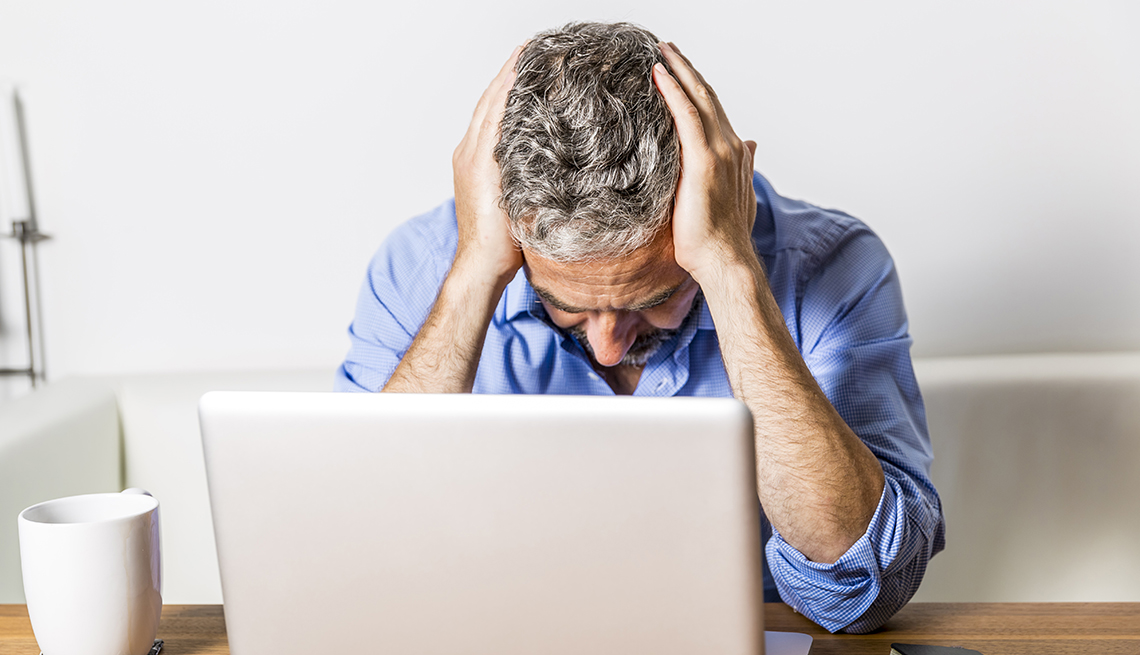Play all audios:
Once your workday is over, remove the evidence. “You don't want all of your stuff all over the dining room table all the time, if you can help it,” Morin adds. “Looking at your work and
having it stare back at you is too tempting." You should also seek to add regular fun to your agenda. “We all need things to look forward to in life,” Morin says. “Maybe on Sunday
afternoon, you're going to bake cookies or have a Zoom call with your grandkids.” What's important, she says, is making things like a weekly hike, Friday evening cocktails or
Sunday movie time official dates on your calendar. Looking forward to these events can boost your mood, just as creating a positive memory from the experience can pack a “powerful punch”
afterward, Morin says. Domar also advises her patients to reframe the COVID crisis to counteract automatic negative thought patterns, such as “This is going to go on forever.” A more helpful
thought: “This is going to be catastrophic, but temporary,” she says. NEXT UP: ATTEMPT TO DE-STRESS If you're approaching burnout, it's more important than ever to address your
stress. Domar suggests taking time each day for relaxation — from a formal meditation practice to short stints of deep breathing. (Close your eyes, then count down slowly from 10 to zero,
taking a complete breath — one inhalation, one exhalation — with each count.) That's been part of Sasha Nyary's approach to battling what she felt was impending burnout as a newly
remote editor for Mount Holyoke College in South Hadley, Massachusetts. While at first Nyary, 59, says the sudden lack of structure had her overeating and crying — “a lot” — a daily routine
of morning meditation and a walk, coupled with attending virtual church services and journaling, has helped her fend off a deeper funk. “I tell myself, ‘All we can do is stay in the moment.
We could be a lot worse off,’ “ she says. Social support, experts say, is another great stress reducer. “You need to call people, Zoom with other people, and go for social distancing walks,”
Domar says. “I have a lot of patients who are having tea parties or book clubs virtually.” Finally, getting some sort of regular exercise is key — whether it's as simple as
Nyary's daily walks or something more challenging, say, training for your first 10K. What you choose doesn't matter; following through does. “Exercise is the best stress reducer,
bar none,” Domar says.

